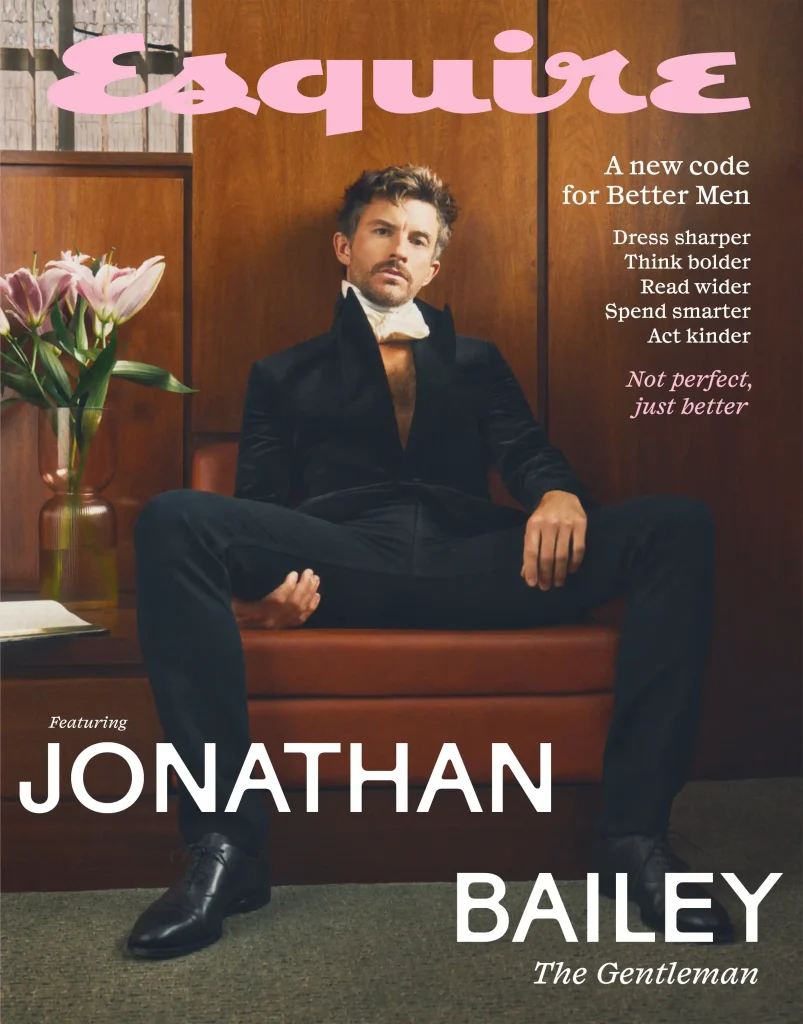“Bridgerton” Star Jonathan Bailey Says He Feels “the Absolute Privilege” of Being a Gay Man Considering Fatherhood—No Biological Clock Pressure
In an intimate and thoughtful new interview, British actor Jonathan Bailey opened a window into his evolving thoughts about becoming a father one day—candidly reflecting on what parenthood might mean, the unique freedom his identity affords, and the deeper commitment he feels toward building a family on his own terms.
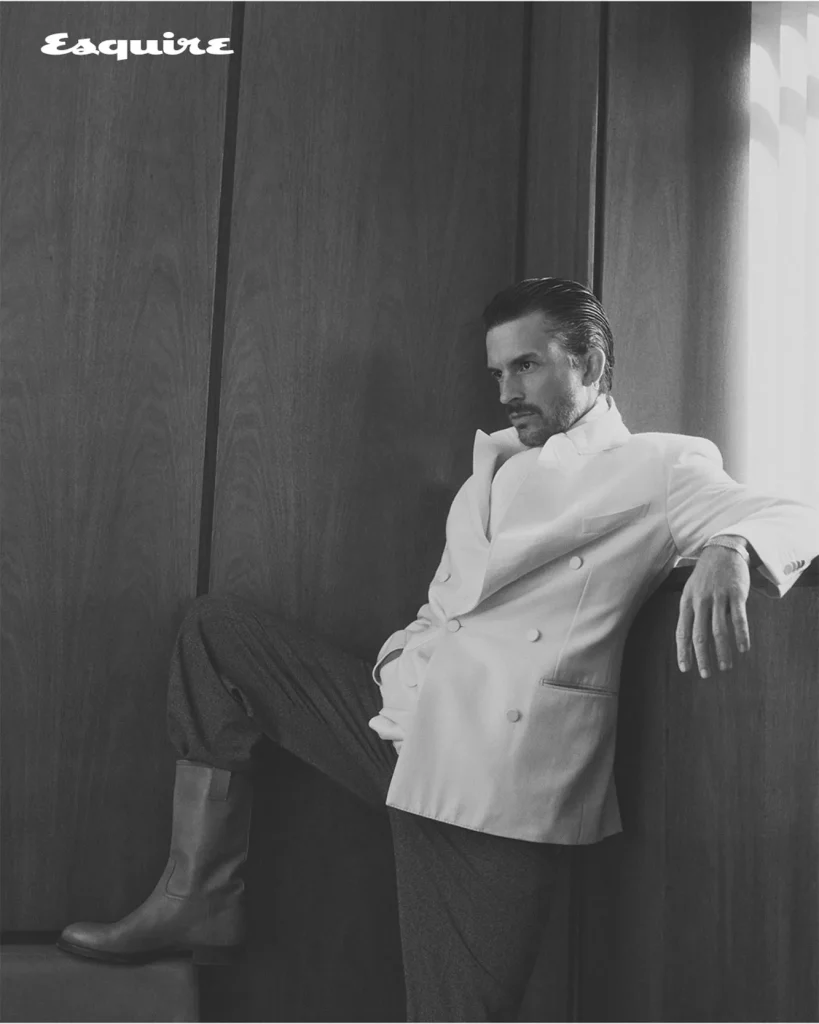
Bailey, best known for his breakout television role in Bridgerton and his recent acclaimed turn in Fellow Travelers, spoke about his open-mindedness toward parenthood. He acknowledged that while fatherhood is something he has considered, it’s not currently urgent, and in many ways his life affords him a less conventional timing. As he put it: “I have the absolute privilege of being a gay man — there’s no biological clock. It’s such a privilege, isn’t it, to even be able to have a kid?”
At 37, Bailey is navigating a career momentum that leaves little room for the traditional rhythms of parenting—and he recognizes that. He admitted that the idea of kids is in his mind, but not “loud,” noting that his present lifestyle is still intense and fluid. He said that if the circumstances align—“if the planets align, for sure”—he’d be open to that next chapter.
The actor’s comment strikes a note of both gratitude and deliberation. His characterization of the lack of a “biological clock” underscores a profound shift in how gay men like him may approach parenthood today. Rather than feeling constrained by age or timing, he views the freedom to choose when—or whether—to become a parent as a distinct privilege.
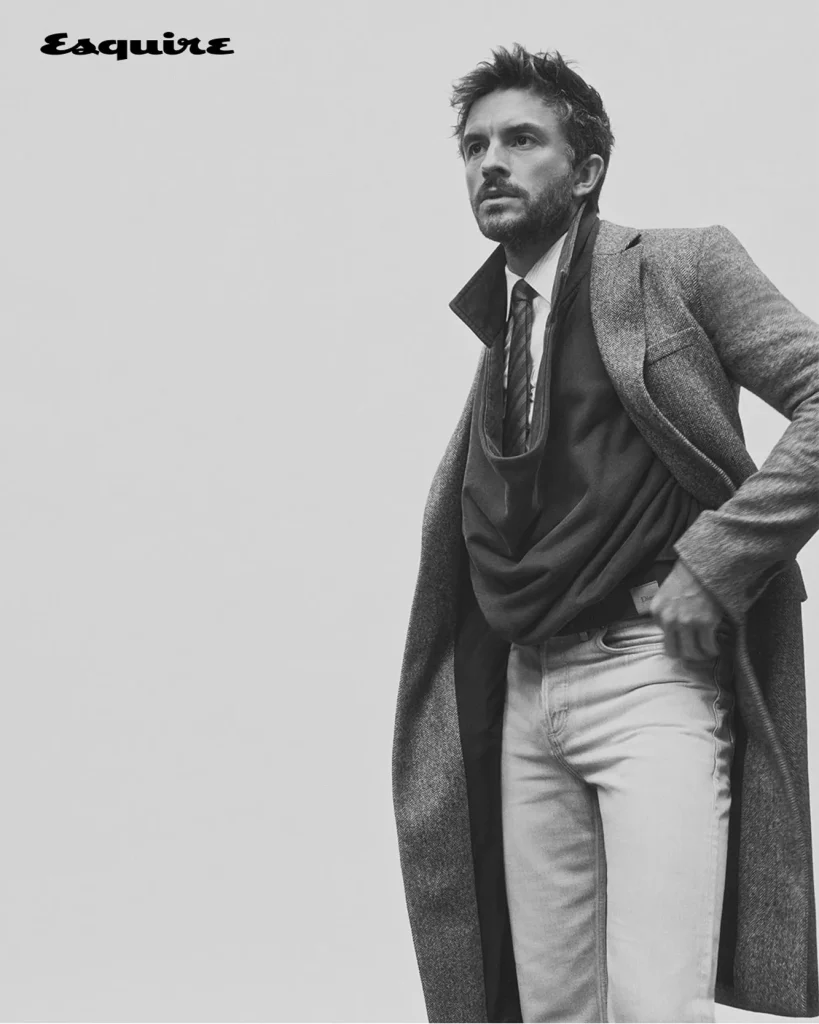
Beyond timing, Bailey also spoke of the broader possibilities of family formation. He mentioned that he is reading up on adoption and is open to the idea of co-parenting—with a woman or with a man, though his current thinking leans toward the latter. He emphasised that he wants to ensure he’ll be present as a parent, not just exist as one. “But I can’t bring children into my lifestyle now,” he said, acknowledging the demanding nature of his work schedule and the importance of emotional presence.
It’s a nuanced and thoughtful approach—far from rash or idealised, rooted in self-awareness. For a star whose public persona already carries weight beyond the screen, this personal revelation adds another dimension. Over recent years Bailey has been candid about his journey—growing up gay in a small Oxfordshire village, coming out privately, dealing with internalised shame, then stepping into high-profile roles that reflect his identity.
His openness about fatherhood is therefore not just about the possibility of children—it dovetails with a larger narrative about visibility, representation, and the evolving expectations faced by gay actors and gay men in society. In the interview, his tone was reflective: he acknowledged that children who feel “seen” matter, and that as someone with a public platform he doesn’t take that lightly.
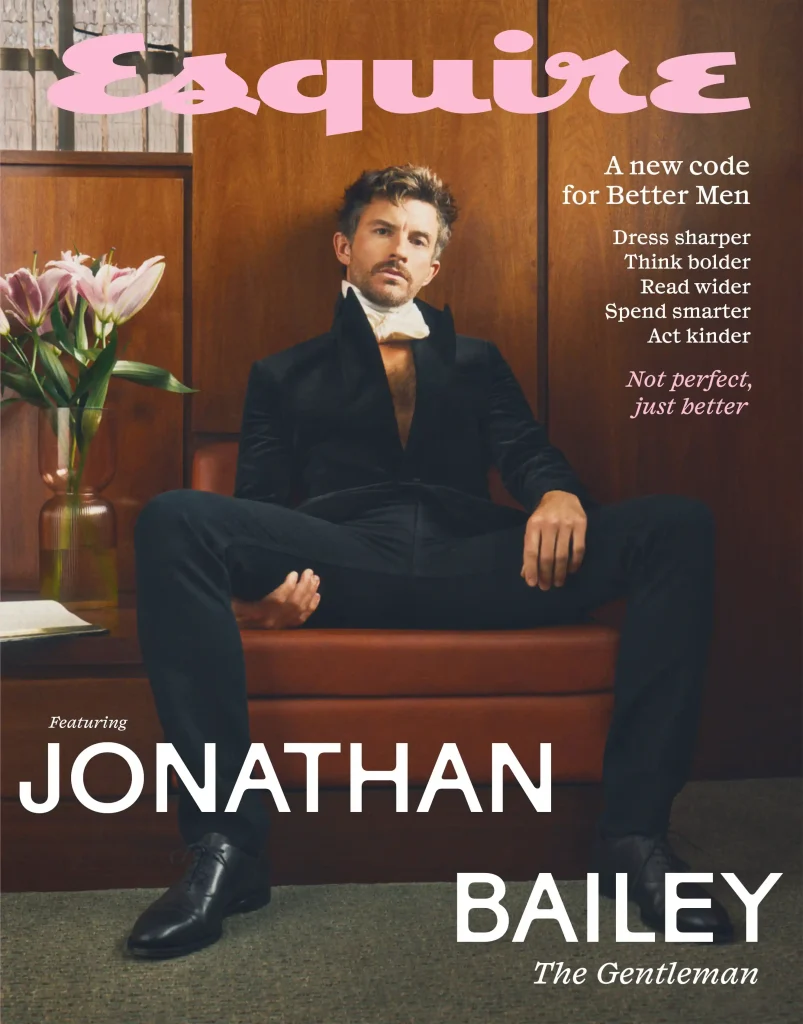
Of course, there are practical considerations. He admitted he might not excel in guiding a child through university or teaching them a second language, but he affirmed his desire to provide a loving, secure home and to lean into the fact that love and support are what matter most. He said: “There’s obviously loads of kids that could really benefit from love and support.”
In this respect, Bailey is aligning his personal aspirations with increasingly familiar discussions across the queer community—how to build family, how to show up as a parent, how to do so on one’s own terms and timeline. He’s implicitly rejecting the notion that parenthood must follow a certain path or schedule, and instead emphasising what the experience could mean, rather than when it must happen.
That sense of freedom comes against a backdrop of serious industry and social developments. Bailey has discussed how, for many years, openly gay actors were advised to keep silent about their orientation for fear of being type-cast or sidelined. He’s spoken about the “binary” labels he felt confined by early on, the lack of role models when he was growing up, and how tough it was to emerge from that.
Today, he stands as one of the queer actors who is publicly out, playing diverse roles—romantic leads, period drama heroes, musical film stars—with little reference to sexuality beyond who the character is. His path gives him both a platform and a responsibility—something he seems to embrace. His parenthood comments feel congruent with that trajectory.
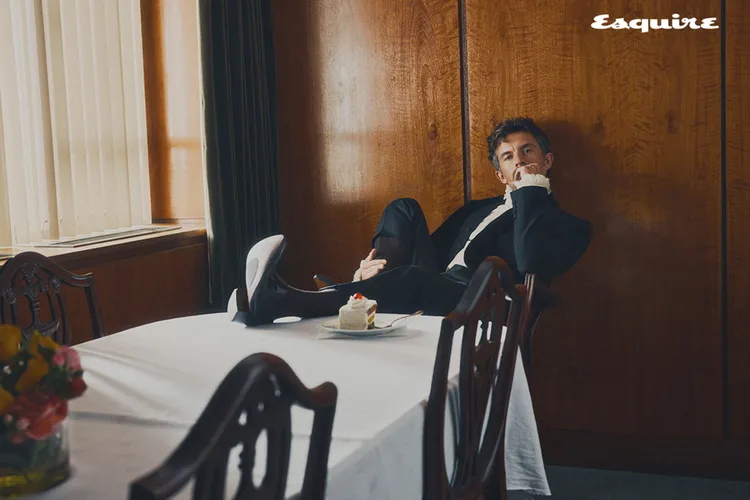
From a media-perspective, his words open up an empowering message: that being gay doesn’t mean being excluded from the possibility of family, and that the norms of parenthood are changing. He’s not presenting this as a manifesto, but as a considered life choice: he is aware of his options, the responsibilities involved, and the importance of being ready when the time comes.
That said, his candour also highlights the realities of celebrity: heavy schedules, location shoots, travel demands, fans, press and public expectations. He knows himself enough—and knows the weight of the roles he’s taking on—to postpone parenthood until the moment feels right. Many prospective parents of any orientation might recognise that self-evaluation: wanting to be fully present, financially stable, emotionally available. In his case, those considerations are layered with industry scrutiny and queer representation.
Another dimension is the idea of privilege he mentions. That sense of having “the absolute privilege of being a gay man—there’s no biological clock”—is striking. While biological and social pressures do of course still exist for many, his perspective points to a shift: parenthood no longer must be anchored to the conventional timeline of 20s or 30s for many gay men. It may well happen later or look different—which is itself a departure from older norms, which often placed an unspoken deadline on heterosexual parenthood.
In interviews he’s been careful, too, not to present parenthood as any sort of virtue badge or moral achievement. Rather, it’s a possibility he holds with respect. He speaks of children needing love and mentorship, of the joy of giving, but also of the realism of being able to show up. He wants to do that when—and if—the moment is right.
For his fans and for the queer community, his reflection holds a broader appeal: it says that your story doesn’t have to follow a prescribed route, that you can hold off, evaluate, prepare, and still build something rich. It says you can dream of family while still navigating career, identity, and self-development.
As Bailey continues with his evolving career—his upcoming roles, public visibility, activism and personal life—the fact that he’s giving fatherhood serious thought adds a layer of personal depth to his public story. It reminds us that celebrities, especially those in the queer space who are forging new paths, carry personal narratives that ripple beyond the screen.
Ultimately, whether or not Jonathan Bailey becomes a father in the near future, or how he arranges that family, what matters most is his attitude: thoughtful, intentional, hopeful, respectful of both privilege and responsibility. His words reveal a man who is ready to choose parenthood when the time, the partnership and the conditions align—and who sees in the possibility not simply “having a kid,” but doing so in a way that honours love, presence and identity.
As the conversation around family continues to evolve across communities, Bailey’s reflections provide a vivid example of how one man in the public eye is engaging with that shift—without pressure, without judgement, but with genuine consideration and emotional clarity.
